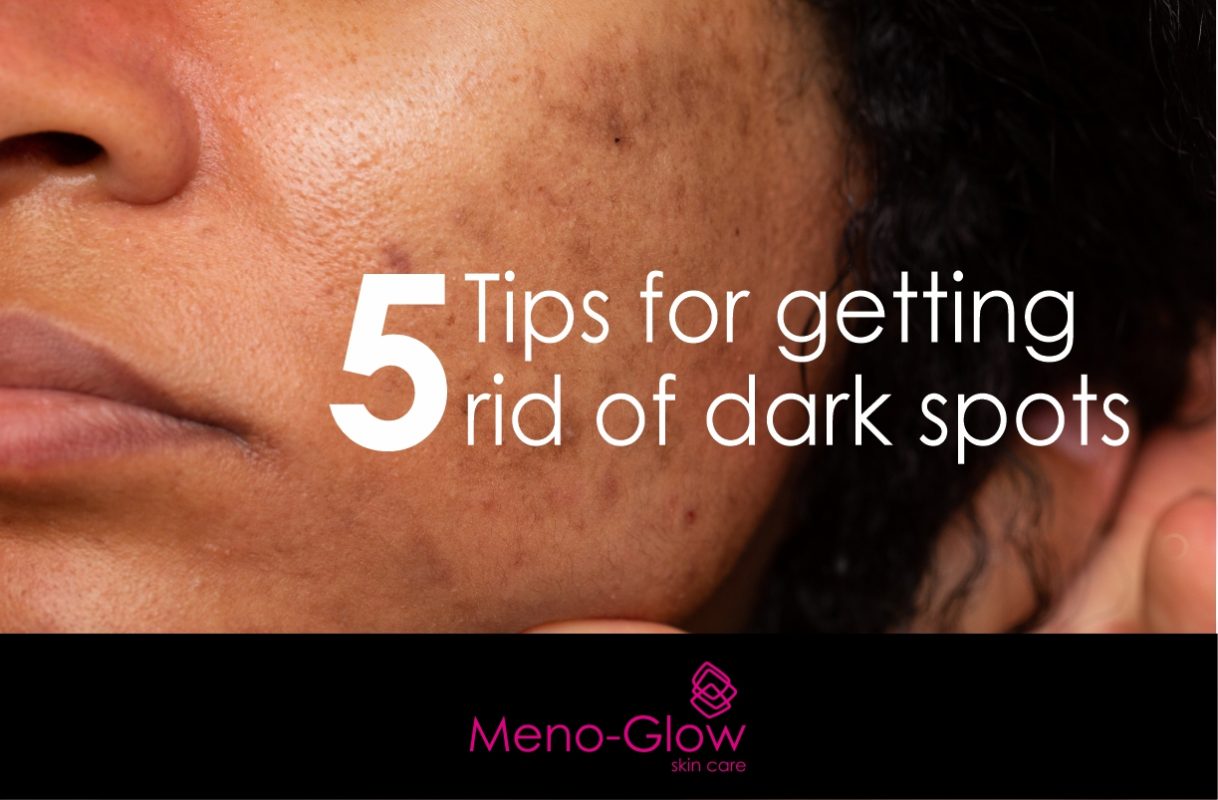What is menopause?
Menopause is a normal part of aging in women. Menopause is when the ovaries no longer release an egg every month and menstruation stops. It can be described as the changes a woman goes through either just before or after she stops menstruating, marking the end of her reproductive period.
Menopause that happens before 40 is called premature menopause. Natural menopause that happens after 40 years of age as the natural part of the aging process and not brought on by any type of medical or surgical treatment.
Some women can go through menopause early i.e. premature menopause, either as a result of surgery, such as hysterectomy, or damage to the ovaries, such as from chemotherapy, as a result of genetics, autoimmune disorders and conditions such as premature ovarian failure
Stages of menopause
Menopause is a gradual process that has three stages:
- Perimenopause . This begins over several years, when the ovaries gradually make less estrogen. Perimenopause lasts up until menopause, the point when the ovaries stop releasing eggs. In the last 1 to 2 years of perimenopause, the drop in estrogen quickens, and many women experience menopause symptoms.
- Menopause. This is the point of having no menstrual period for one year. At this stage, the ovaries have stopped releasing eggs and making most of their estrogen.
- These are the years after menopause. During this stage, menopausal symptoms such as hot flashes usually ease. Due to various risk factors with aging including a lower level of estrogen, postmenopausal women are at increased risk for other health conditions, such as osteoporosis and heart disease
What to expect?
Menopause causes many changes in your body felt as symptoms as a result of a decreased production of estrogen and progesterone in your ovaries. Symptoms may include hot flashes, weight gain, or vaginal dryness.
How long does it last?
In the months or years leading up to menopause (perimenopause), you might experience signs and symptoms:
- Irregular periods.
- Vaginal dryness.
- Hot flashes.
- Chills
- Night sweats.
- Sleep problems.
- Mood changes.
- Weight gain and slowed metabolism.
Once in menopause and into post menopause, the symptoms may continue for an average of four to five years. However the symptoms usually decrease in frequency and intensity.
Can you test for menopause?
Your doctor can perform a blood test to test your follicle stimulating hormone (FSH) level to see if you are near menopause. FSH is a hormone produced by the pituitary gland. Your FSH levels can fluctuate during perimenopause and rise dramatically as your ovaries begin to shut down at menopause. The only reliable way to know you are definitely postmenopausal is when you have had no period for a year.
How often do I need to see my doctor?
Getting regular check-ups and preventive screening tests such as pelvic exams, Pap smears, breast exams, and mammograms are among the most important things you can do for yourself. How often you need a check-up depends on your health history. Talk to your doctor to determine how often you should be seen.
SOURCE: https://www.menopause.co.za/menopause-facts/



